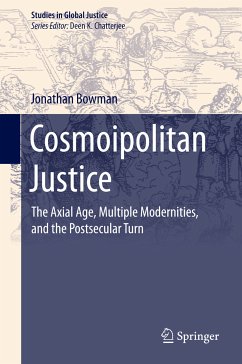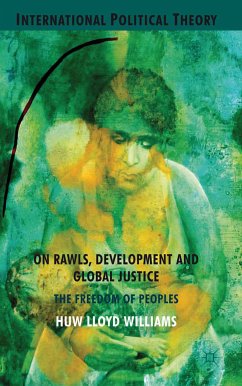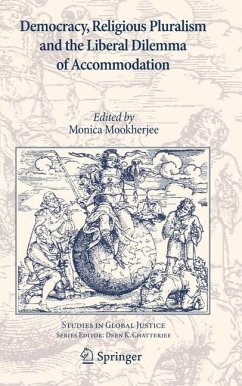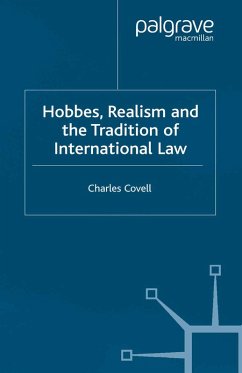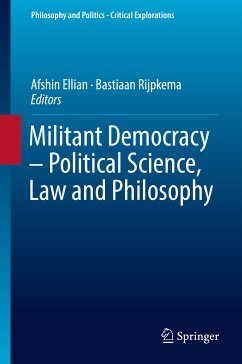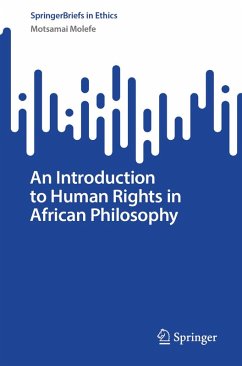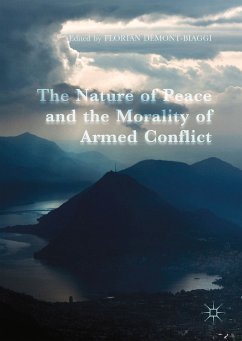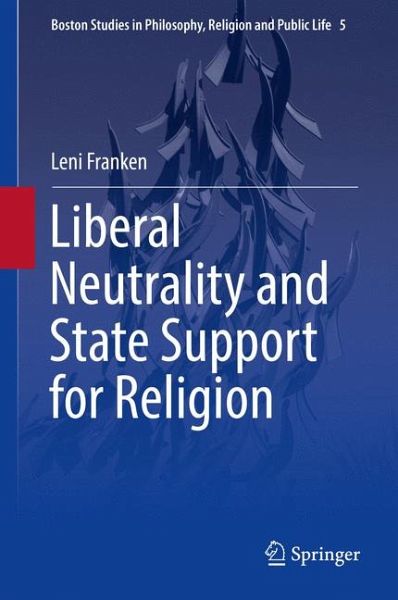
Liberal Neutrality and State Support for Religion (eBook, PDF)
Versandkostenfrei!
Sofort per Download lieferbar
72,95 €
inkl. MwSt.
Weitere Ausgaben:

PAYBACK Punkte
36 °P sammeln!
This book focuses on the financing of religions, examining some European church-state models, using a philosophical methodology. The work defends autonomy-based liberalism and elaborates how this liberalism can meet the requirements of liberal neutrality. The chapters also explore religious education and the financing of institutionalized religion. This volume collates the work of top scholars in the field. Starting from the idea that autonomy-based liberalism is an adequate framework for the requirement of liberal neutrality, the author elaborates why a liberal state can support religions and...
This book focuses on the financing of religions, examining some European church-state models, using a philosophical methodology. The work defends autonomy-based liberalism and elaborates how this liberalism can meet the requirements of liberal neutrality. The chapters also explore religious education and the financing of institutionalized religion. This volume collates the work of top scholars in the field. Starting from the idea that autonomy-based liberalism is an adequate framework for the requirement of liberal neutrality, the author elaborates why a liberal state can support religions and how she should do this, without violating the principle of neutrality. Taking into account the principle of religious freedom and the separation of church and state, this work explores which criteria the state should take into account when she actively supports religions, faith-based schools and religious education. A number of concrete church-state models, including hands-off, religious accommodation and the state church are evaluated, and the book gives some recommendations in order to optimize those church-state models, where needed. Practitioners and scholars of politics, law, philosophy and education, especially religious education, will find this work of particular interest as it has useful guidelines on policies and practices, as well as studies of church-state models.
Dieser Download kann aus rechtlichen Gründen nur mit Rechnungsadresse in A, B, BG, CY, CZ, D, DK, EW, E, FIN, F, GR, HR, H, IRL, I, LT, L, LR, M, NL, PL, P, R, S, SLO, SK ausgeliefert werden.



